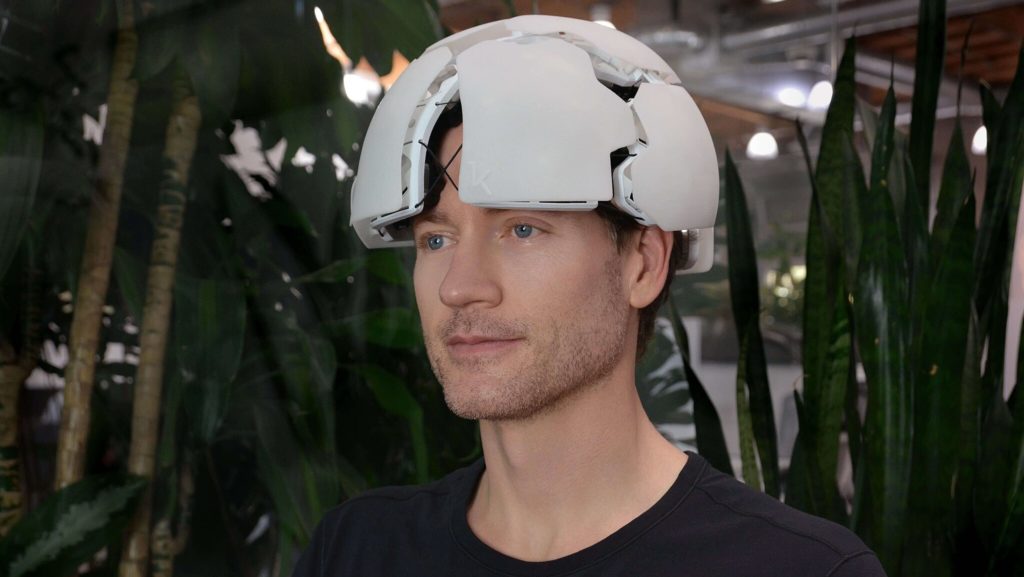Bryan Johnson is not a billionaire on the level of Jeff Bezos or Elon Musk. But the hundreds of millions of dollars he has acquired from the development and sale of some payment systems app have provided him the means to pursue his lifelong goal — which happens to be a life lived long … really long.
The editor of The Guardian was in full headline-grabbing mode when he or she posited “Are We the First Generation That Won’t Die?” Johnson may have grand plans for his personal longevity, but he is not a fantasist. Believing he is in control of his body to the extent he can preserve his bodily functions decades beyond an average lifespan does not make him a realist either.
Either way, he is bent on finding out how far he can reach into the future to the tune of spending more than $2 million a year of his personal fortune.
According to the article, Johnson identifies as a “professional rejuvenation athlete.” His personal regimen, which includes intense exercise, ingestion of more than 50 different vitamins (I have a hard enough time getting two extra-strength Tylenols down my throat), and the transfusion of his teenage son’s blood. Based on the data accumulated by his team of medical professionals, the 47-year-old Johnson currently inhabits the body of a 31-year-old.
There is also a Netflix documentary about Johnson called, obviously enough, “Don’t Die.” It is a little ironic that the same culture that is seeking ways to extend life is also the one that grows increasingly comfortable with ending life through euthanasia.
These two sides of the same coin point to the age-old human propensity to want what we want, not what we need. And the quest to challenge what belongs to God, whether it is the fruit hanging on the tree of knowledge of good and evil, or editing our own book of life to an ending more to our liking, is as old as time.
Thetis dipped her son Achilles into the River Styx, providing some measure of immortality. On the heels of that myth (sorry for that pun), a story arose from the exploits of Alexander the Great about him finding a “river of paradise” on his own quest for a kind of immortality.
Myths about never dying are found in every culture on the planet, and the one thing all of those myths have in common is the people who started them, the people who believed them, and most of the people who have read about them are now dead. In another era, the hubris on display in Johnson’s quest would be relegated to the plotline of a B-grade horror movie from the 1950s.
In another case of irony, Johnson no longer infuses his body with his son’s blood and now basically holds to a regimen of exercise, getting a good night’s sleep, and eating right; advice doctors have been telling us for almost as long as Johnson wants to live.
Johnson is quoted in the article that his quest for pushing the boundaries of his own mortality has “political, economic, moral, social, ethical, religious and spiritual” overtones. On that point, I could not agree with him more. But God is most noticeable in the article and in Johnson’s ethos by his absence.
Because of that, I find him less of a forward-looking pioneer and more just another example of how we humans have a hard time learning life lessons. Whether in the Garden of Eden or atop the Tower of Babel, we always want more. We always want things on our terms. We want to live as long as we want and even now, die on our own terms.
Just a few years ago in Holland, a 29-year-old woman ended her life via state-sanctioned euthanasia because she was depressed and did not want to live another minute of the physically healthy life she possessed. Medical professionals tried to intervene, making the case that depression is a mental illness and should be a consideration for whether this young woman was in a competent frame of mind to make any kind of decision, but the state prevailed, and her life was cut short.
Life, whether ended artificially with state-endorsed poison, or elongated by a billionaire’s resources, is still the same: a gift from God. It comes with joy, sorrow, pain, and wonder, regardless of how we would like it to be.
When Johnson suggests his immortality sojourn is a religious question, I don’t think he realizes that the question has already been answered. We do live forever. We do “cheat” death. Because of the cross, we even cheat sin. We just do so on God’s terms, not ours.

